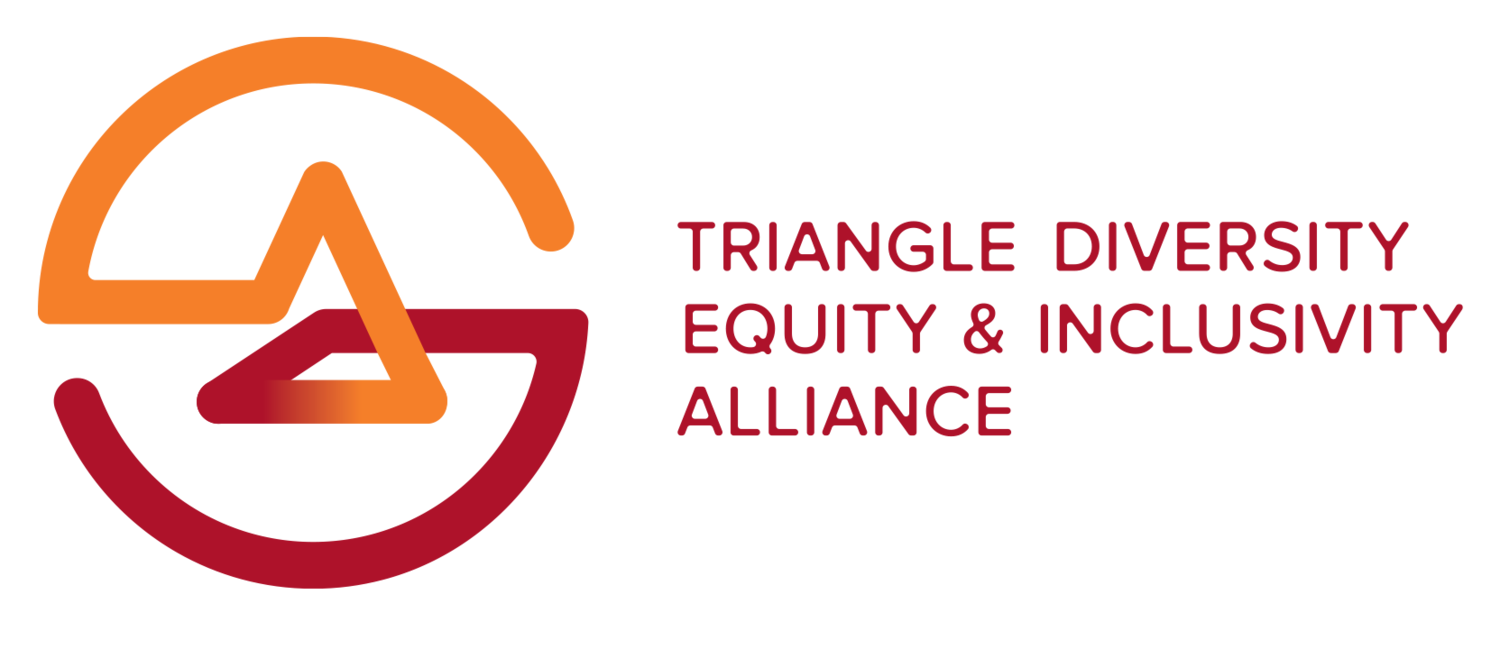Pathways To Becoming An Ally & Accomplice
Blog written by Gary Greene from Greene Resources
It has been a time of sadness and heavy feelings as we reflect on what has occurred in our country. Like many in the community, Greene Resources is taking steps to address the situation with vulnerability, authenticity, and a determination to move in the right direction.
As part of our ongoing commitment to diversity, equity, and inclusivity (DEI), members of our management team as well as our Leadership team attended the Raleigh Chamber’s recent DEI Rewind event. Tayah Lin Butler, the Director of Diversity and Inclusion at NC State’s Poole College of Management, led a discussion on how to become an ally and accomplice. Our team is sharing their most powerful take-aways.
Break out of Your Bubble
Think about your best friends – what they look like, what they believe, how they grew up. Chances are, most of us are friends with people like us. Think of us all like ants, Tayah explained, all following the same path each day, more or less. By following this path, and surrounding ourselves with other similar people, we are essentially enclosing ourselves in a bubble. While this is not our fault, we can do things to intentionally break out of that bubble and expose ourselves to other experiences in the world. Those “outside the bubble” experiences are how we learn and grow.
This is a journey that doesn’t just happen overnight, and it does not look the same for everyone. It can be helpful to think of this journey on a continuum from Awareness, to Sensitivity, to Knowledge, and finally, Skill Building. Each is a valuable stage and individuals will move along the continuum at their own pace.
Recognize Your Privilege
Allyship starts with the concept of privilege. It is looking at oneself and acknowledging the privilege that is so deeply rooted in our culture. Recognizing and understanding privilege is a critical first step in being able to have needed discussions and make meaningful changes. As Tayah defined, privilege is like having a line of credit that never runs out, never has to be paid back, and you didn’t do anything to earn. US Citizenship is a concrete example. Many of us in the United States, though not all, were born with this “credit” that we did nothing to earn. Yet it provides us with benefits daily of which we may not even be aware.
It may be uncomfortable to fully understand our own privilege and the benefits it affords, but we should take care to not get defensive. Privilege is a powerful tool that can be used to make a real impact. It is not your fault that have privilege. But can you recognize that you have it, and can you do something about it? Yes.” The privilege many of us have can be used to chip away at the social inequalities that exist.
Move the Needle
The next, and likely most difficult step, is creating actual change, or “moving the needle.” All our actions and inactions can have either a positive or negative impact. It is up to us to make sure our impact is a positive one that is consequential and game-changing.
Listening and educating ourselves are great ways to start moving us positively along the continuum. Many resources exist to help us understand these complex issues. Tayah shared a few resources that are listed below. In addition, in our own lives, we can take the time to listen to our friends or co-workers and offer support however we can. We can have discussions with others who are on the same journey, even if they are at a different stage. We can be willing to walk with our friends on their journey to collectively find answers and solutions. We should always do this with pure intentions and no expectation of something in return. To create meaningful change, we will need to check our ego at the door. Nothing should be said or done in hopes of individual recognition.
These journeys are not easy, but they are necessary. As a business, a community, and as a country, we need to evaluate how we think every hour, every meeting. We are not always going to get it right, but we need to keep asking what else we can do. As Danya Perry, the Director of Equitable Economic Development with Wake County Economic Development, put it, “until the unimpacted are outraged, we cannot achieve change.”
Online Resources:
Online IAT - A self-awareness exercise to help shine light on something we might not have known.
Good Reading:
White Fragility by Robin DiAngelo
Dear White America by Tim Wise
Between the World and Me by Ta-nehisi Coates
Whistling Vivaldi by Dr Claude Steele
Not a reader, that’s okay!
Podcasts and Movies:
Scene On Radio: Seeing White
NPR: Code Switch
Just Mercy – Film available to rent for free on Prime Video (Amazon)



